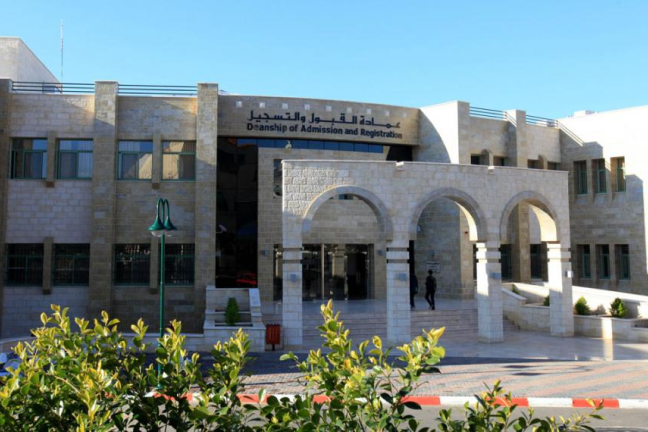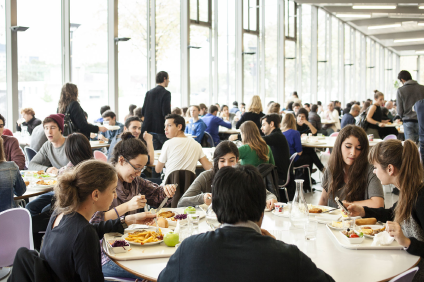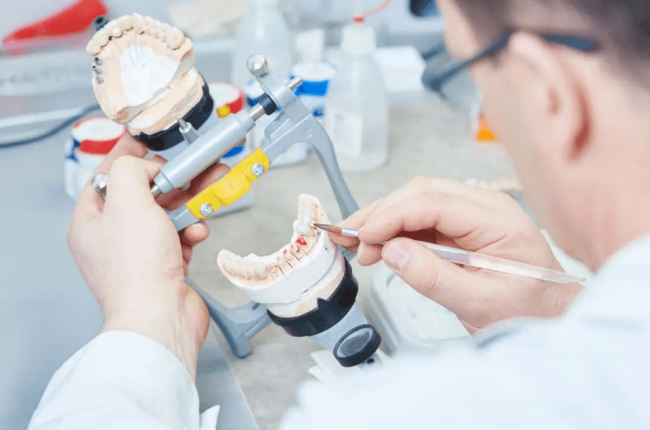Where will I study?
Experience a vibrant campus environment, modern facilities equipped with cutting-edge technologies, innovative labs, clinics and collaborative spaces designed to foster creativity and academic excellence.

Jenin campus
This is a formal text in the sense that the intent is form rather than content and is used in printing and electronic typesetting.

Classrooms
This is a formal text in the sense that the intent is form rather than content and is used in printing and electronic typesetting.

Faculty of medicine
This is a formal text in the sense that the intent is form rather than content and is used in printing and electronic typesetting.

Libraries
This is a formal text in the sense that the intent is form rather than content and is used in printing and electronic typesetting.

Libraries
This is a formal text in the sense that the intent is form rather than content and is used in printing and electronic typesetting.

Public utility
This is a formal text in the sense that the intent is form rather than content and is used in printing and electronic typesetting.
Global opportunities
World Is Your Campus
You'll access unparalleled global opportunities, including international exchange programs, global internships, and partnerships with top universities worldwide.
Join AAUP
Internationally Accredited & Globally Recognized
Our commitment to excellence in education is affirmed by worldwide accreditation!
Quick Links
Learn more & find what you're looking for
To make your browsing experience easier and more effective, we provide you with a set of shortcuts for direct access to the most important information
How can we help you?
Connect with us
Reach out to us directly through the contact information below
- About Program
- About Admission









